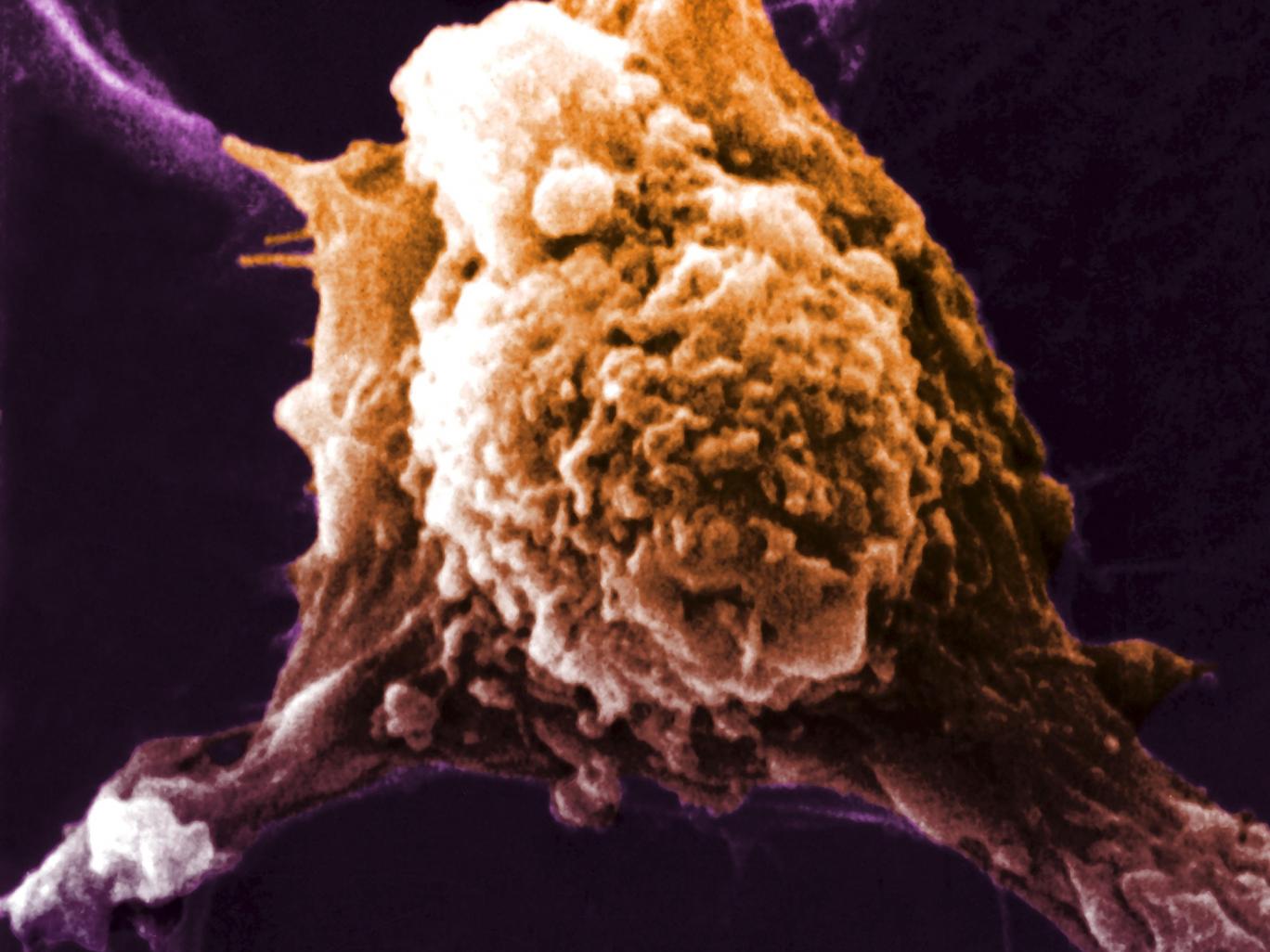The first tests of a universal cancer vaccine were successful.

Experts in the fight against cancer believe that the long-awaited breakthrough has been made in this area: German scientists have successfully conducted the first tests of a universal vaccine in humans. Fat nanoparticles, in which pieces of RNA tumor were placed, launched an immune response in the body - as a result, the body began to attack cancer cells itself.
A nanoparticle vaccine was injected into the blood of three patients in whom the tumor was already in a late stage of development. The body of the subjects began to produce T-lymphocytes , ensuring the recognition and destruction of cells carrying foreign antigens.
Scientists from Johannes Guttenberg University of Mainz, led by Prof. Ugur Sahin, tellthat the vaccine successfully worked on mice with "aggressively growing" tumors. “To make such vaccines quickly and inexpensively,” they write. - And the antigen of almost any tumor can be encoded into it. In this regard, the approach to immunotherapy through nanoparticles with RNA can be considered as the newest vaccine of universal applicability. ”
Although the subjects were not vaccinated to test the vaccine, and the patients were not completely cured of cancer, one of them had a decrease in the lymph node, and another who had undergone surgical removal of the tumor had no signs of cancer seven months after vaccination. The third patient, in whom eight skin tumors had spread to the lungs, remained in a “clinically stable” state.
Cancer vaccines are currently a hot topic in the medical community. They are already used to maintain the health of patients in remission a decade after treatment. Although medicine deals with some forms of cancer, other types of cancer, especially lung cancer, melanoma, and some types of brain and neck tumors, are very hard to treat.
The possibility of entering the vaccine into the blood will be a significant step forward. In this case, the vaccine causes a relatively weak external reaction of the body, similar to the symptoms of influenza, in contrast to the reaction to chemotherapy.
Dr. Helen Rippon, director of Worldwide Cancer Research, writes: “We know that the immune system has great potential to fight cancer cells, so we have been funding research in this area for 15 years. And there are already amazing new results of work that give hope that the vaccine based on nanoparticles with RNA will work that way. ”
She described the results obtained in three patients as positive, and noted that melanoma is one of the tumors that are extremely difficult to treat. Now researchers need more data, and testing the vaccine on more people with different types of tumors, carried out over longer periods of time.
